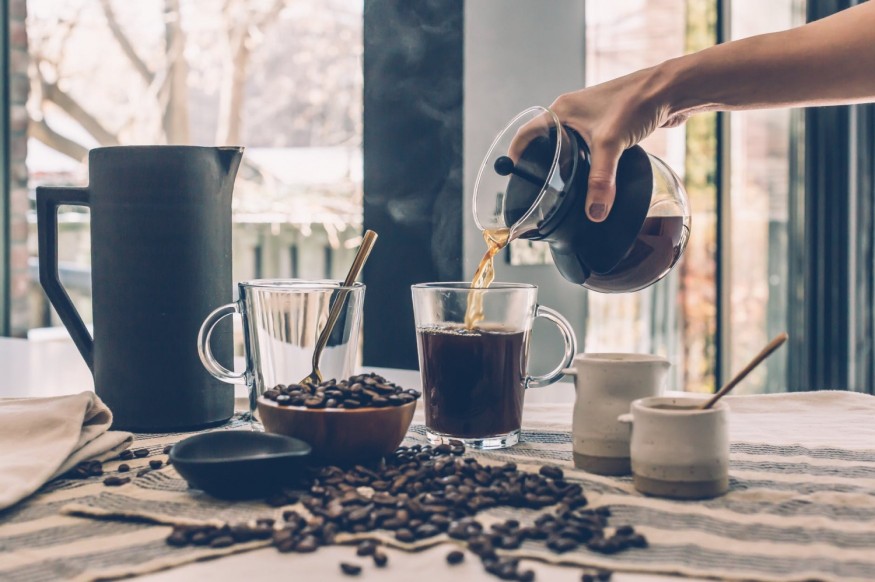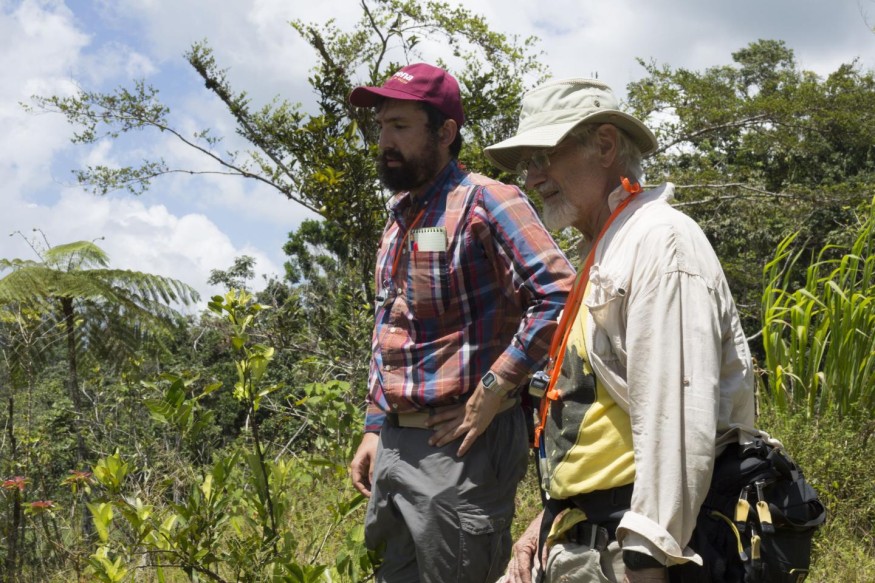Researchers have warned that climate change has been coming for our morning coffee for quite some time, and a new spike in worldwide bean costs could be the principal sign that it's happening.

Rising Coffee Price
Worldwide coffee costs are conjecture to jump up to $4.44 a kilogram this year, as per IBISWorld, after a July chilly spell in a significant arabica coffee creating district of Brazil cleared out 33% of the harvest.
Tom Baker, the organizer of Sydney-based Mr. Black Roasters and Distillers, saw the spike when this year's primary shipment showed up with a substantial sticker price.
"We were expecting this is because everything's gone up. Every one of our expenses on each detail," Baker said. "Glass, coffee, paper costs, name costs. Everything's gone up - and in addition to a few rates."
Coffee Trade
Every year his business imports somewhere in the range of 150 and 200 tons of coffee beans, which are then simmered and refined into a scope of coffee alcohols.
Because of supply disruptions brought about by the Covid pandemic, the expense of a shipping container has bounced from $3,300 to $10,000.
Senior industry analyst from IBISWorld, Suzy Oo, said the cargo added expense made the new coffee bean value spike the biggest since 2014.
She predicts costs will fall throughout the next few months and doesn't anticipate an increment in the expense - attributable to the furious rivalry between cafes. In any case, the other factor to consider is climate change, Oo said.
Related Article : Millions of Guatemalans Face Starvation Due to Climate Change, Fueling Migration Crisis
Coffee Production Cost

"There's also the extreme conditions in Brazil, which is the world's greatest provider of coffee beans."
Ranchers in Brazil's coffee-market have been grappling with a series of dry seasons lately, and keeping in mind that freezing periods in July and August, the abruptness and seriousness of the latest events caught producers off-guard.
Frosty temperatures struck in late July after a remarkable Antarctic front brought about snow falling in the slopes and ice spreading across coffee trees in the Cerrado Mineiro district of Minas Gerais state.
A relatively similar frost hit ranchers in the territory of Paraná 40 years prior, constraining many to search out more steady conditions nearer to the equator in Minas Gerais, which is the reason ongoing occasions have come as a shock as the space was suspected safe.
Coffee and Climate Change
The rising unpredictability and recurrence of outrageous climate events in Brazil are ascribed to climate change.
The concern currently is that rising temperatures will bring down both dampness and precipitation, prompting more drawn-out times of the dry season. By specific estimations, Brazil has not had a regular stormy season since 2010.
Prof Lesley Hughes, a representative with the Climate Council and a recognized science educator at Macquarie University, said ranchers throughout the planet revealed close encounters with flames, floods, and droughts.
"We're likewise progressively seeing ranchers failing because there is only one outrageous environment occasion too much, and a portion of these limits are compounding. Going from a fire to a flood and afterward into a dry spell, for instance," Hughes said.
Climate change is a known long-time hazard to crops like coffee, chocolate, and wine grapes that require explicit conditions to flourish.
Production Struggles

As a tropical harvest, coffee trees struggle in low temperatures and start to kick the bucket in freezing temperatures as ice particles "consume" their leaves. Since the plants require quite a while to set up, any huge misfortune can spell trouble to manufacturers.
The coffee trader and Brazilian expat Andre Selga said the vulnerability of surprising climate designs had made the business "truly tense."
"Most ranchers have seen nothing like it," Selga said.
"Ice in that space is ordinary yet not at that power and not at that elevation. I've known about ranchers that lost everything. Every one of the plants. They're standing by now to check whether some of them can recuperate. They've lost their entire job."
Selga said the cost of the green beans he imports has hopped 60%, and keeping in mind that the expense of cargo was a factor, he was more worried about the expanding vulnerability established by climate change.
"It's greater than the expense of cargo, it's primary," Selga said.
"Climate change, a couple of years back, was something to be examined by higher administration and governmental issues. But, be that as it may, it appears to be currently it's descended to our level, and conventional individuals are managing those things."
For more environmental news, don't forget to follow Nature World News!
© 2025 NatureWorldNews.com All rights reserved. Do not reproduce without permission.





